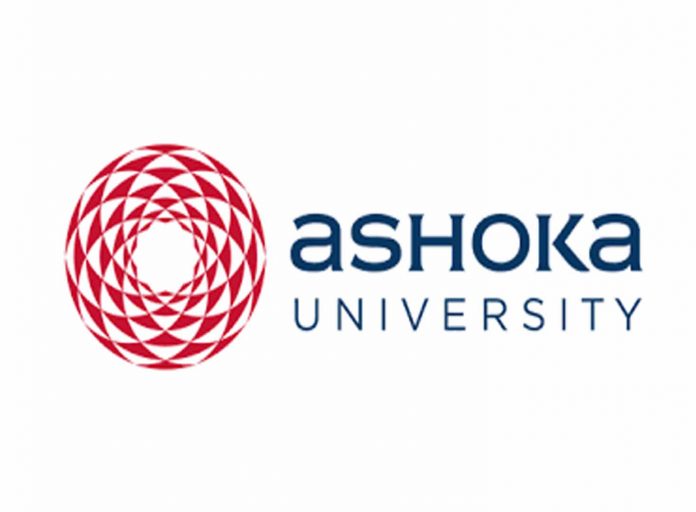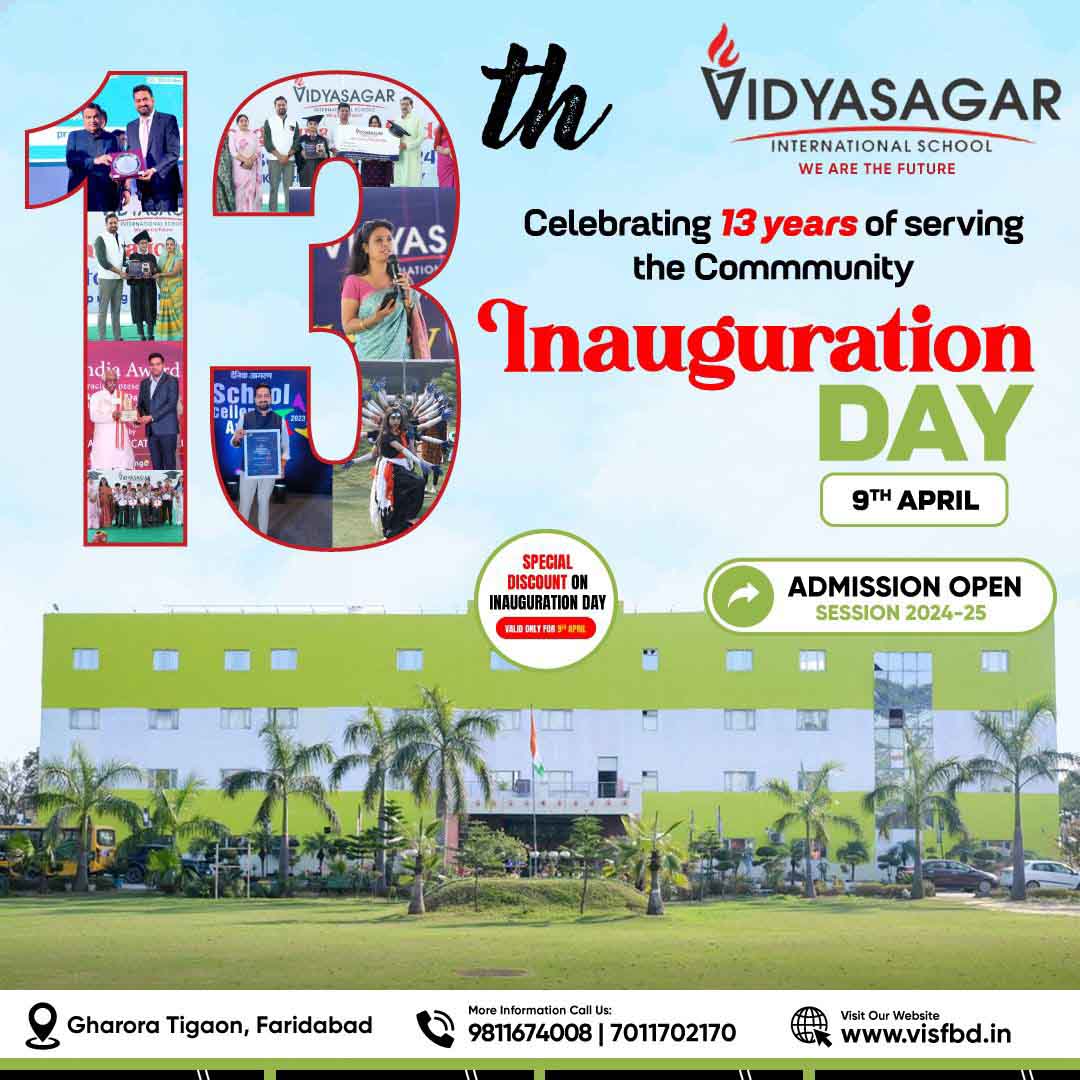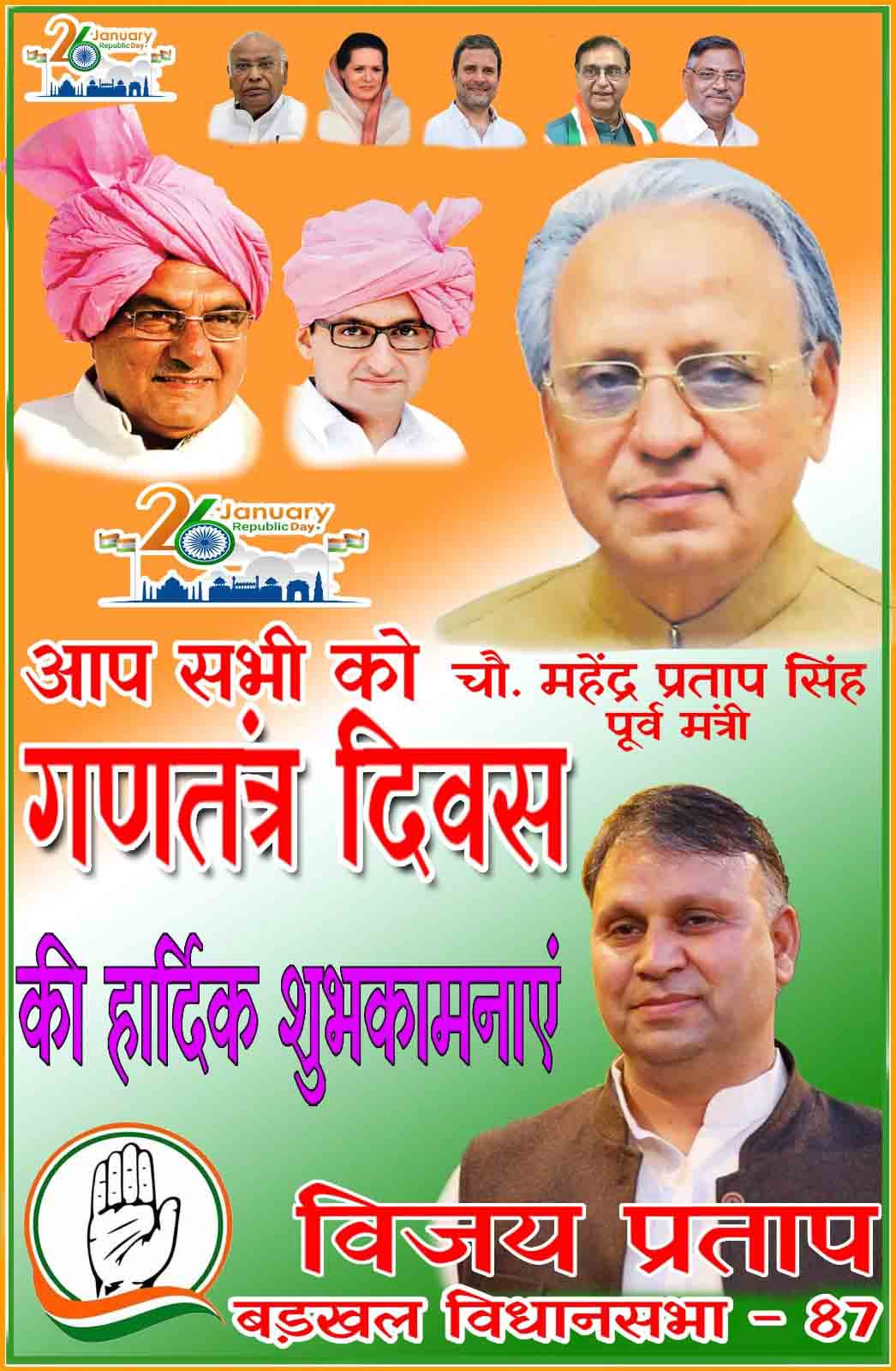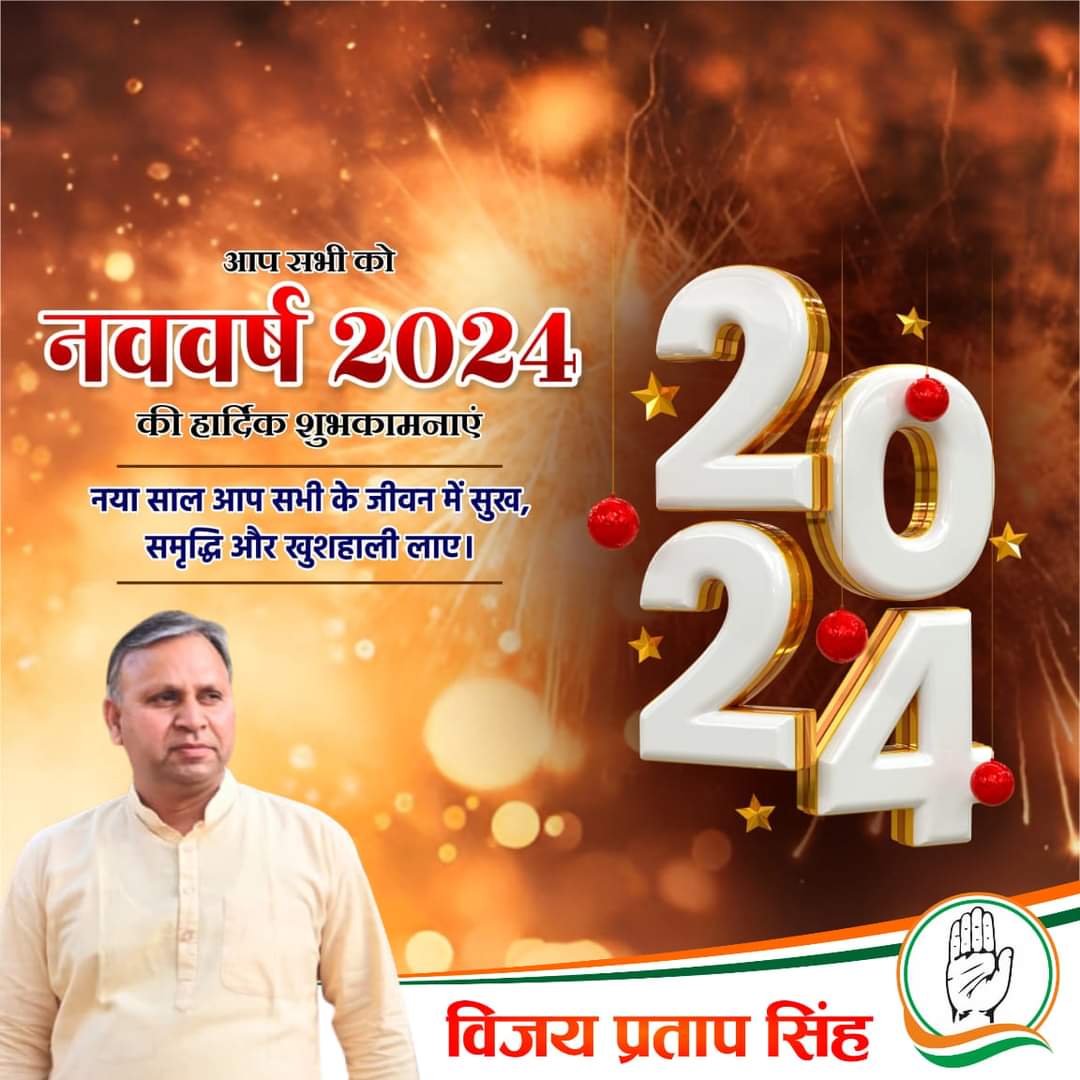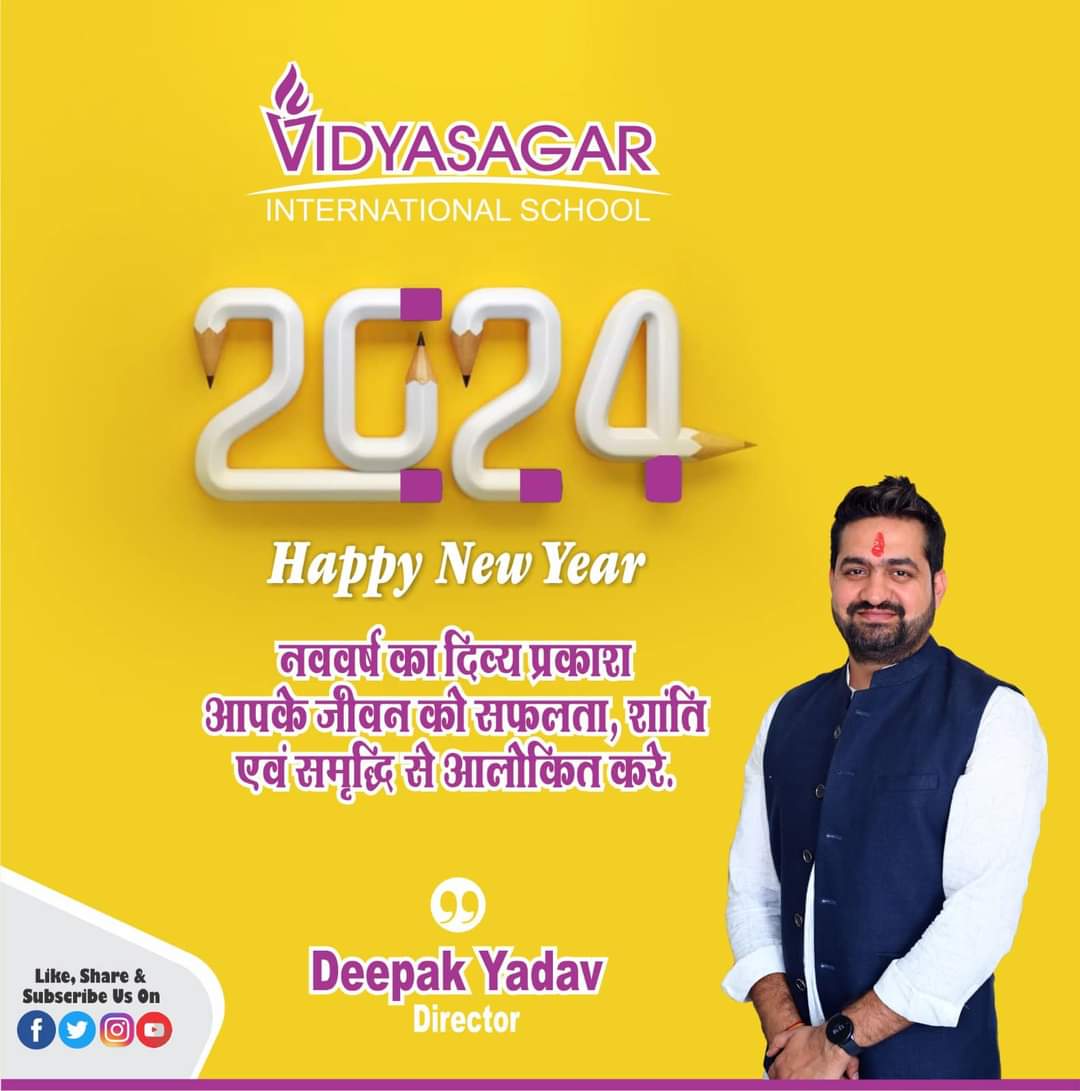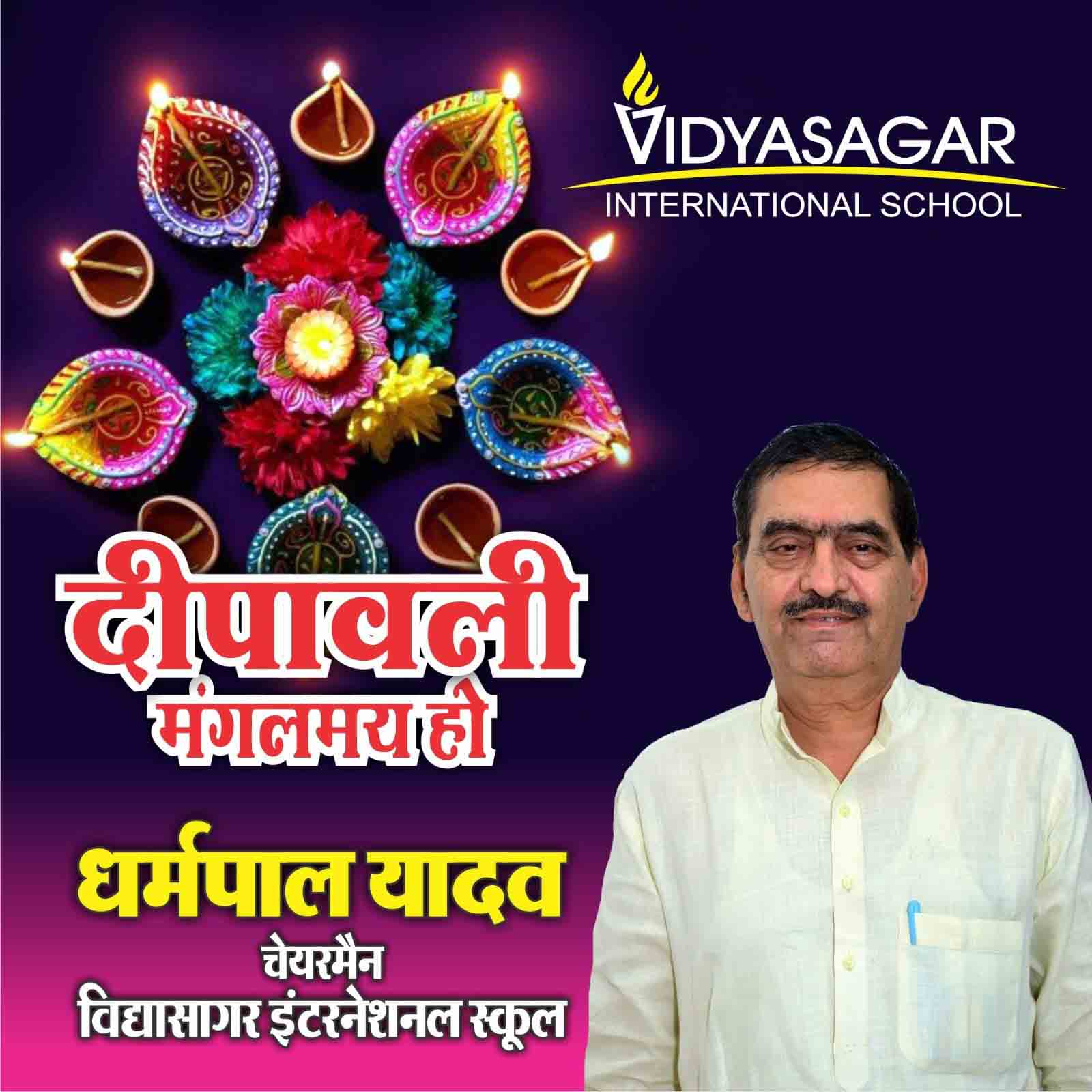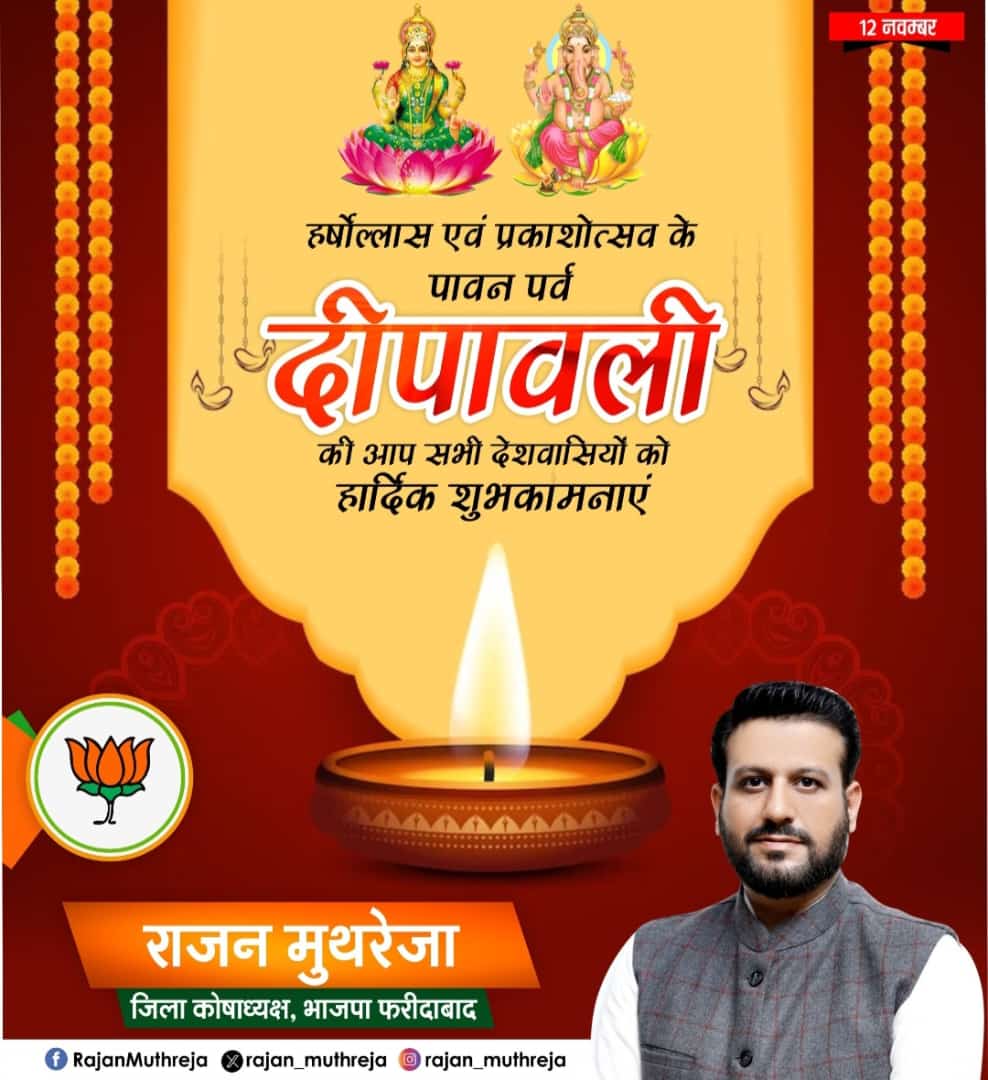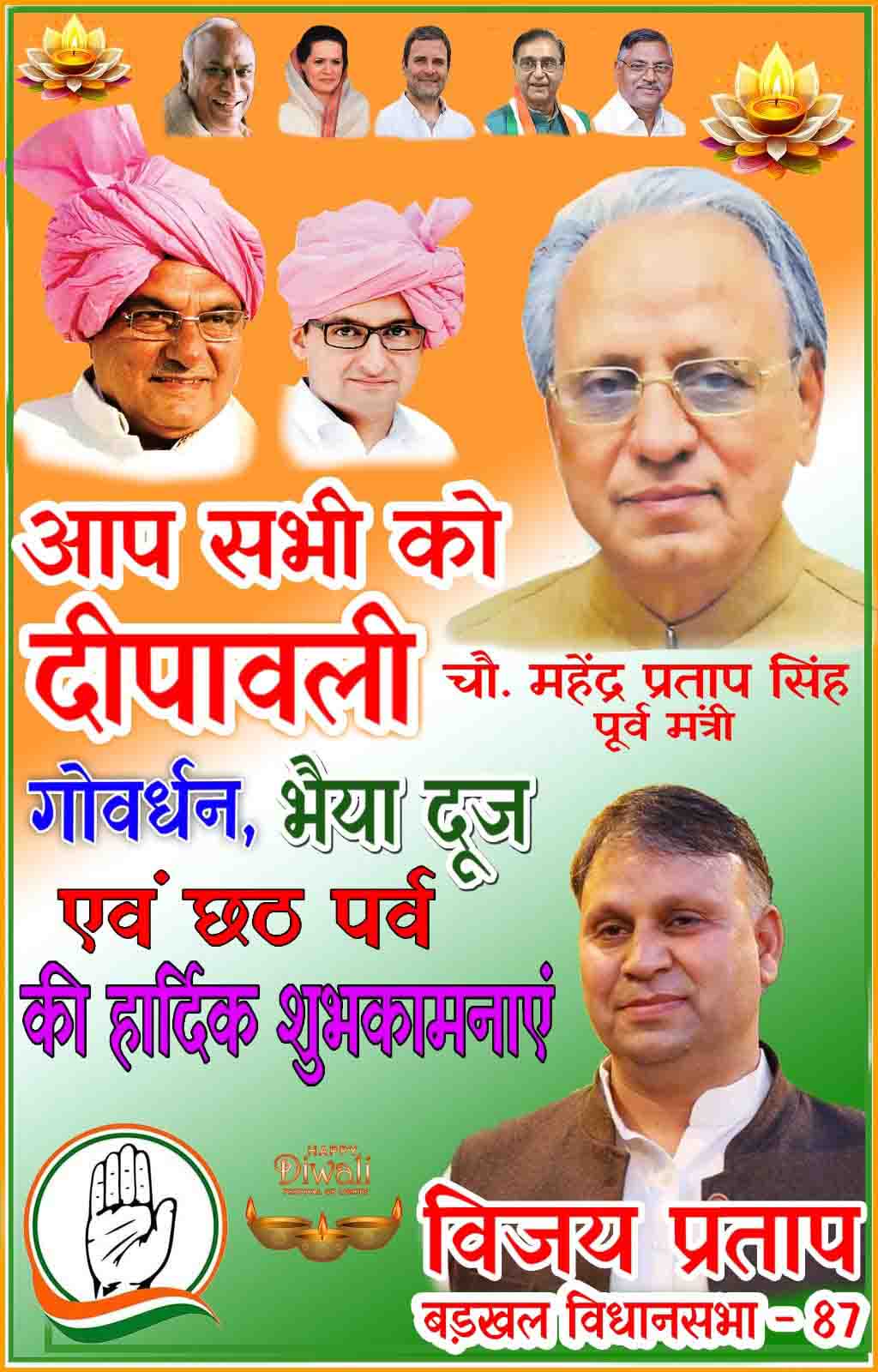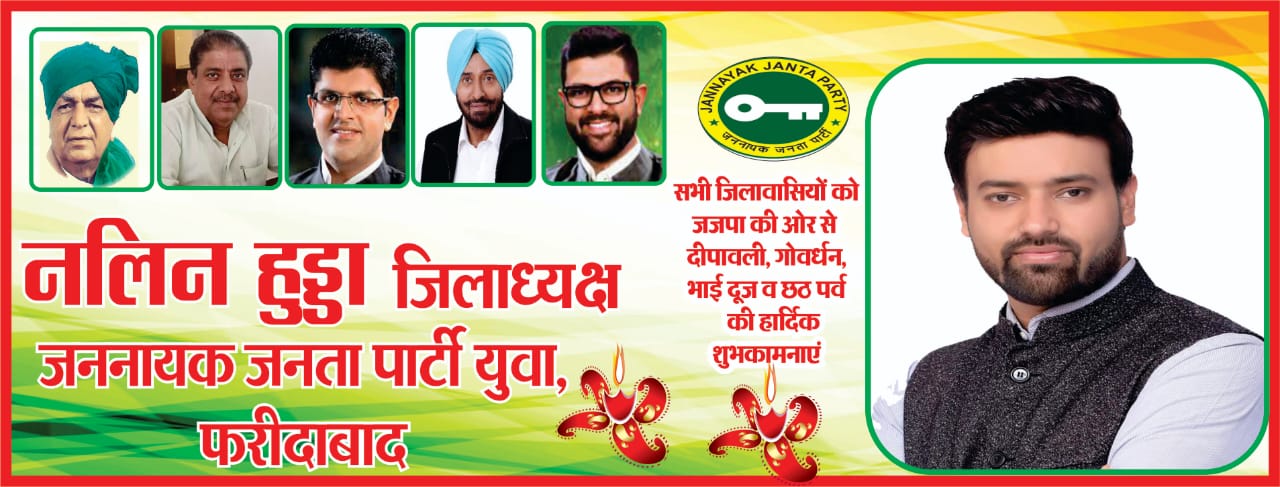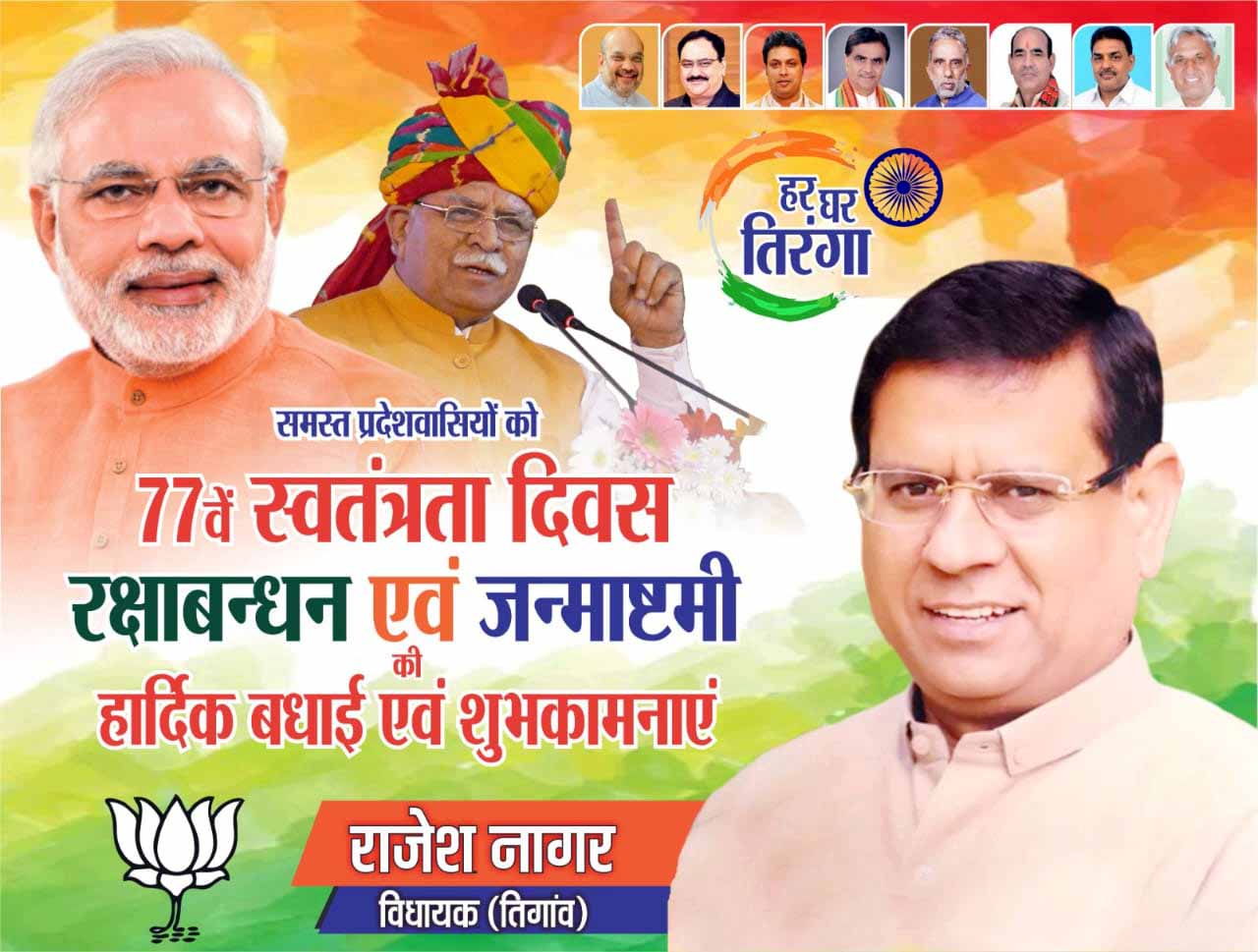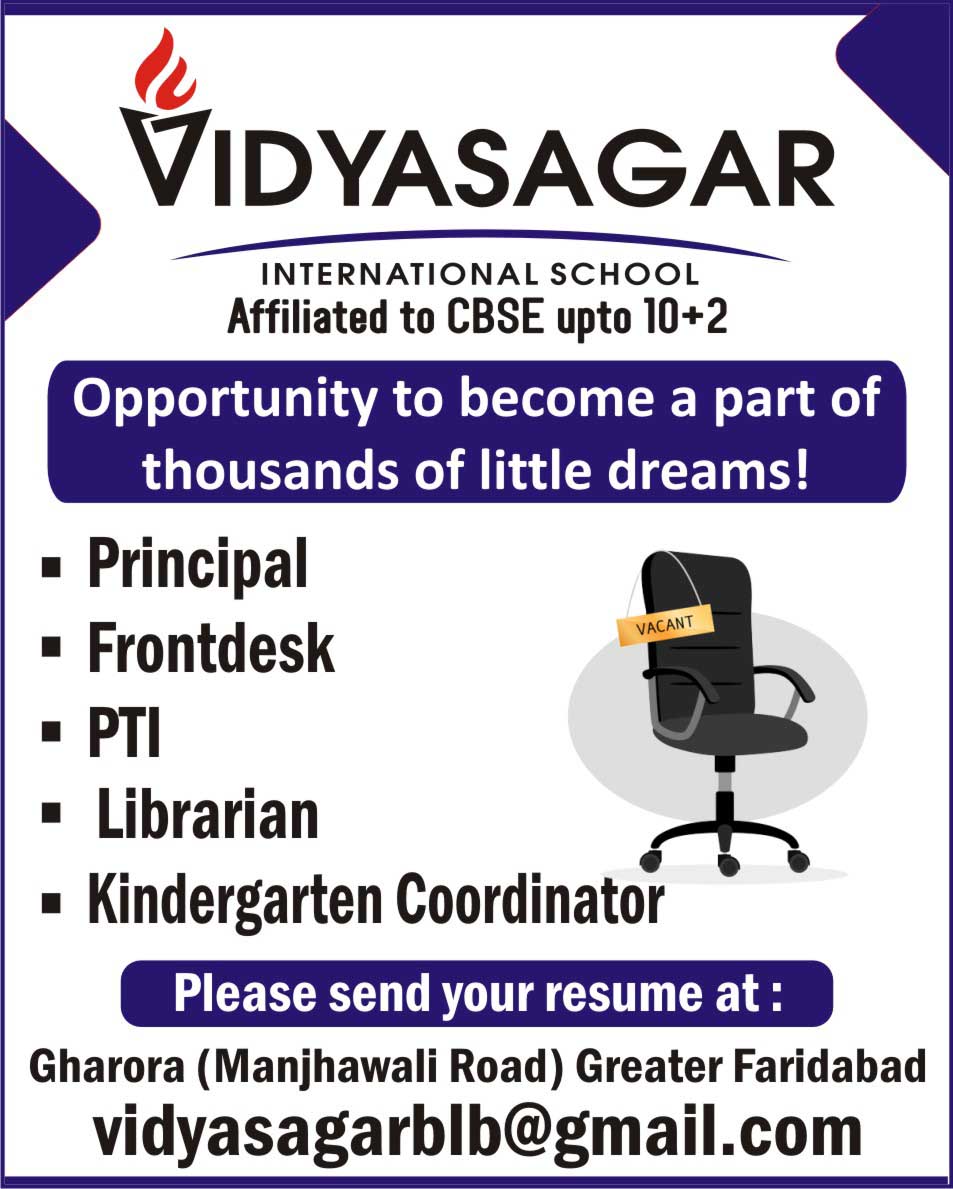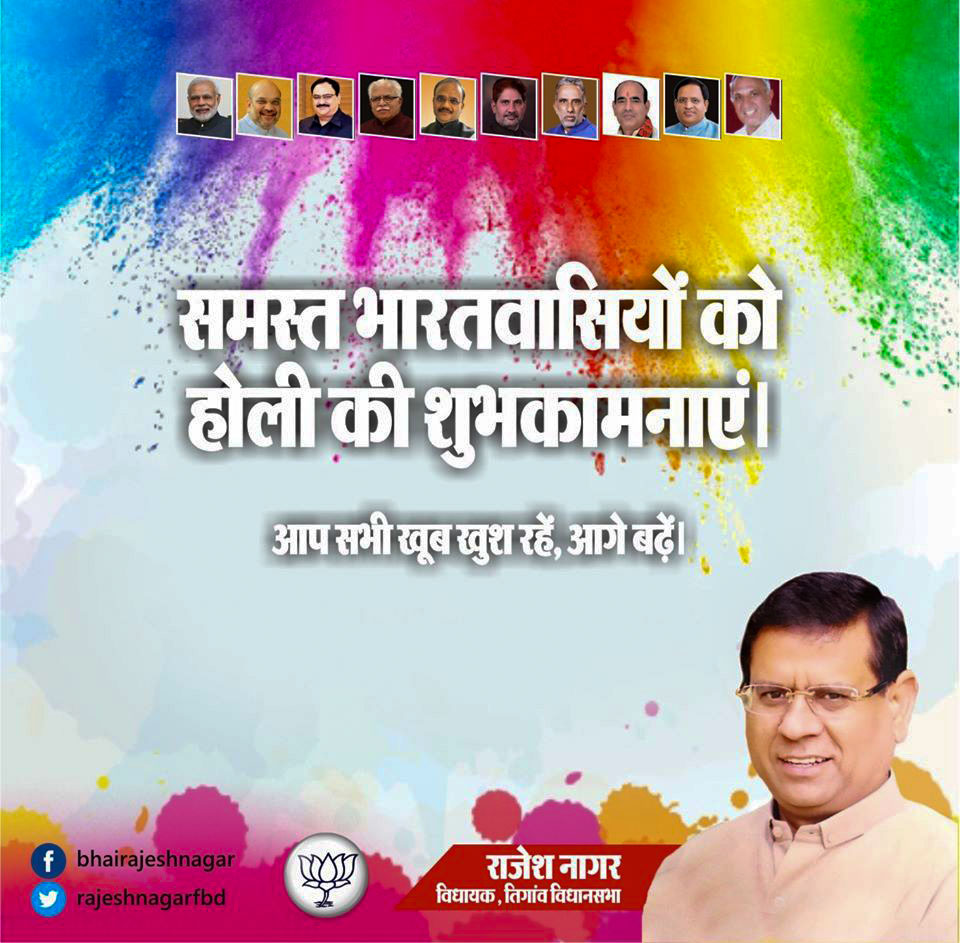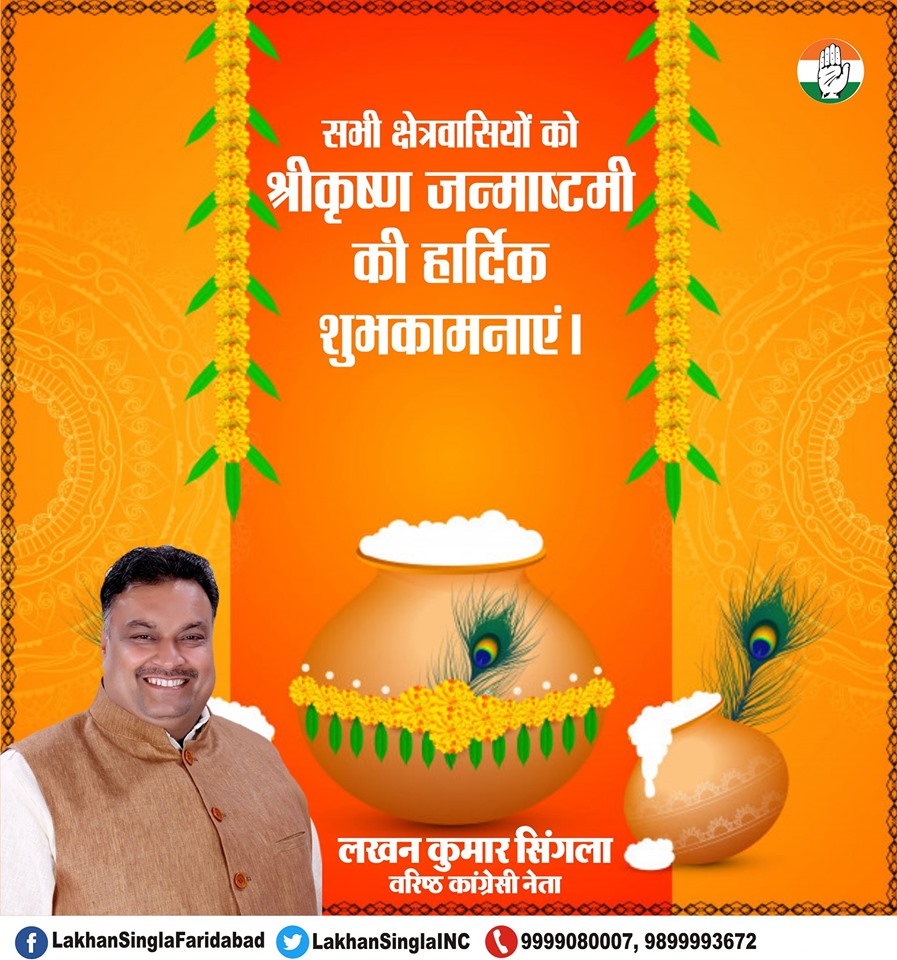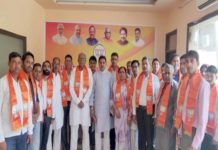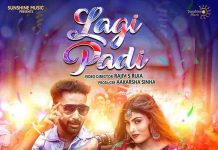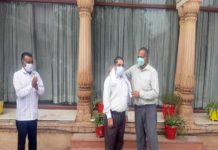New Delhi, October 28th, 2021: “Learning differently is not a disability,” said Dr. Nandini Chatterjee, Cognitive Neuroscientist, UNESCO MGIEP at the virtual conference, ‘The Dyslexic Mind: Thinking Differently about Higher Education’ hosted by Ashoka University in collaboration with Change INKK Trust today. The conference put the spotlight on the need for higher education institutions in India to enable students with dyslexia to pursue education seamlessly.
Globally, it is estimated that 1 in 5 people have dyslexia. They often bring a plethora of unique strengths and abilities to the table. In the context of classrooms, learners with dyslexia are known to think creatively, laterally, with a multi-sensory lens, often coming up with out-of-the-box solutions for real-world problems. However, despite these strengths, they are often side-lined from the mainstream education system in India, especially when it comes to higher education, which subsequently impacts employment as well. Thus, there is a strong need to bring in a policy for universal screening for this learning condition. Academicians, practitioners, industry experts, parents, students and policy makers from the US and India discussed pathways for making higher education institutions inclusive for students with dyslexia. This will also enable employers and industry leaders to benefit from the rich talent that candidates with dyslexia can bring to the table.
Speaking about the policy implications, Dr. Chatterjee said, “Reading acquisition in multi-literate societies must mandate assessments in ALL languages of instruction and must include the mother-tongue. Universal screening for Dyslexia and specific learning disability should be implemented without delay.”
Dr. Sally Shaywitz, Co-founder and Co-director, Yale Center for Dyslexia & Creativity in her remarks said, “Dyslexia today is powered by exciting scientific discoveries. Reflecting these new data, US federal law defines Dyslexia as an unexpected difficulty in reading in a person who has the intelligence to be a better reader. While slow readers, dyslexics have an incredible sea of strengths in big picture high level thinking. Dyslexics are intelligent, innovative, and resilient and can succeed in any field including medicine, science, writing, business, architecture and engineering. With the right support aligned with science, they excel in every part of their lives.”
“Worldwide there is a rapidly growing understanding of Dyslexia and how to support learners with Dyslexia to achieve their potential. We’re glad to create this momentum in India. This conference not only aimed at opening the dialogue amongst the stakeholders at higher education institutions and corporate workspaces, but also to highlight the creative and intellectual strengths people with Dyslexia bring to any organization,” Reena Gupta, Director, Office of Learning Support, Ashoka University, said.
According to Chandana Singh, Lawyer, Parent Advocate, Founder, Ashoka University, “While Indian schools have evolved over the years and have started to accept students with Dyslexia, there is still a long way to go for the higher education institutions. Dyslexia continues to be a deterrent for many students who struggle to get admission into their college of choice. Support offices for such students at schools as well as higher education campuses will enable them to gain the required education and join the workforce to lead an empowered life. Through this conference, we intend to initiate a conversation around challenges that people with Dyslexia face and how higher education institutions and employers can create an environment that is suitable for them.”
“Dyslexia is a lifelong condition that impacts 20% of our population”, says Noopur Jhunjhunwala, Monitoring, Evaluation and Partnerships Coordinator, UN Women India MCO. “40% of the world’s self-made billionaires are Dyslexic. Yet 35% are likely to drop out and never get a higher education. It’s time we started these conversations to make our institutes of higher learning more inclusive.”
The speakers at the conference also included Kate Currawalla, President, Maharashtra; Dyslexia Association; Ritu Sain, IAS and Director, Department of School Education and Literacy. The conference featured three panel discussions. The first panel on ‘The Voices – Braving the Stigma’ explored the journeys of panellists with Dyslexia who went from seeing Dyslexia as a disability to accepting and turning it around as a gift. The second panel on ‘Increasing opportunities in Higher Education for students with Dyslexia’ evaluated the need to encourage a neurodiverse student body in universities and set up support offices for students with Dyslexia in higher education institutions. The third panel on ‘Dyslexia and Future of Work’ highlighted the need for recruiters to explore ways on how to make work environments best suitable for employees with Dyslexia as workspaces continue to change rapidly.


